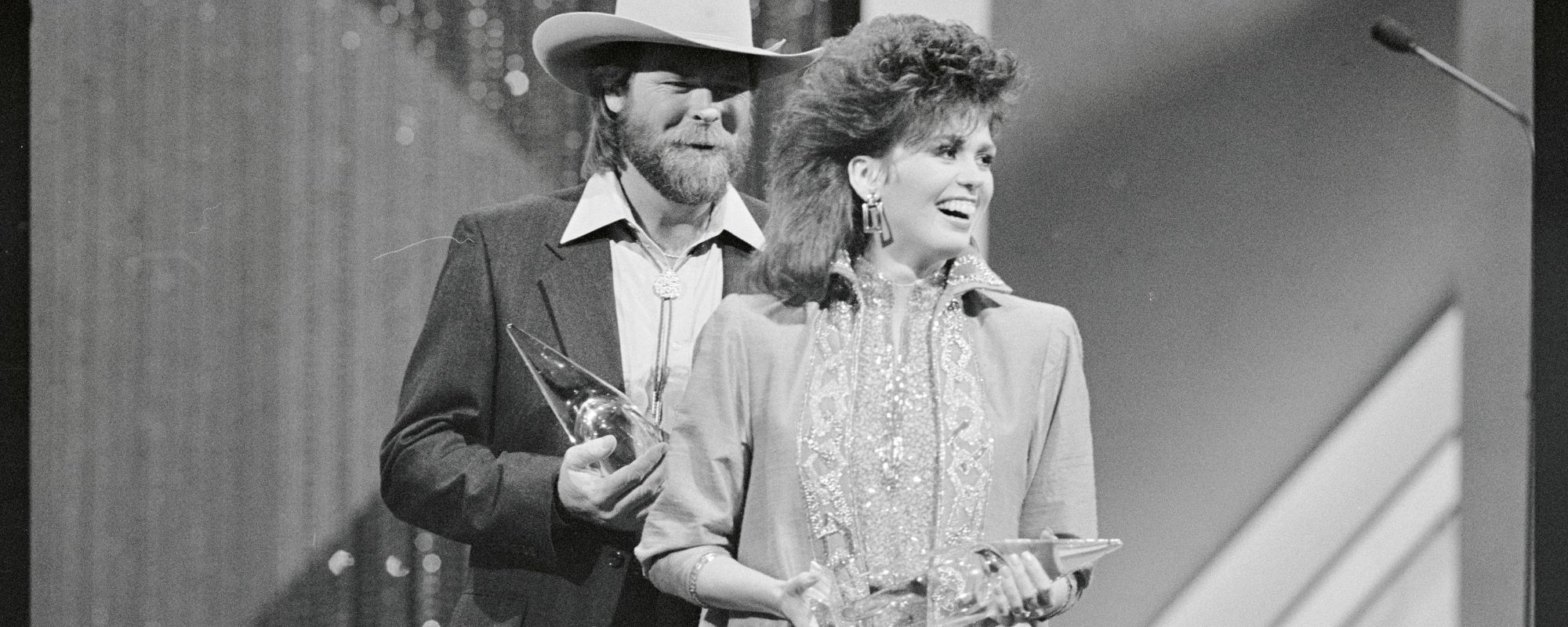David Bowie released his final album on his 69th birthday in 2016, dying two days later from cancer, an illness he never disclosed. 20 days after his death, Blackstar would top the U.S. album charts, giving Bowie his first No. 1 album in the United States in the entirety of his long and eccentric career.
Videos by American Songwriter
Blackstar reached No. 1 on all the major charts across the board: in the U.K., Australia, Austria, Germany, the Netherlands, Norway, New Zealand, Sweden, and Switzerland. In the U.S., Bowie had gotten close to No. 1 before, with Diamond Dogs at No. 5, Station to Station at No. 3, and Let’s Dance at No. 4. However, he never reached that coveted No. 1 spot until his death.
In a way, Blackstar was David Bowie’s last will and testament. Not in a literal sense where he distributed his assets, but more like he was telling everyone he would be dying soon without the onus of having to actually talk about it. The album served as one last magic trick from the incomparable David Bowie, the cloth drawn over the dove as well as the muttered abracadabra. The cloth lifted, “and [Bowie] was gone,” said journalist Carl Wilson for Slate at the time.
[RELATED: Did David Bowie Warn of a Cosmic Apocalypse on ‘Blackstar’? Unpacking His Final Album]
The Final David Bowie Album Was as Much a Misdirection as It Was a Message
The imagery of Blackstar as “a velvet cloth” seems appropriate when we consider it as a mask for Bowie’s inevitable death. He had a “pristine, mostly unsentimental, and entirely British control” that he “exerted over his projections into the world,” wrote Wilson. Blackstar, in that sense, was as much a misdirection as it was a message.
There are moments throughout Blackstar that feel like David Bowie saying goodbye. This includes a line in “Sue (Or In A Season Of Crime)” where he literally wails “goodbye” with the kind of emotion that makes it feel like more than just a part of the immersive lyrics. This song was a lyrical retelling of the 17th-century play Tis A Pity She’s A Whore, which is also the name of another track on the album. However, it’s just one of the moments where Bowie sounds like he’s telling us something.
Another moment comes in “I Can’t Give Everything Away,” the closing track. The beginning samples the harmonica from “A New Career In A New Town” from Bowie’s 1977 album Low, a song about moving on and starting over.
As a whole, the song feels like an apology from Bowie for leaving so suddenly, but also an explanation—he preferred to keep many aspects of his life hidden, and that included his impending death. It’s all very Bowie when you think about it, the perfect ending for a man who spent his career somersaulting through wild personas and musical eras. It’s a mask, a magic trick, a misdirection, but it’s also an expression of David Bowie’s acceptance of his own mortality.
Featured Image by Lesly Weiner/NBCU Photo Bank













Leave a Reply
Only members can comment. Become a member. Already a member? Log in.